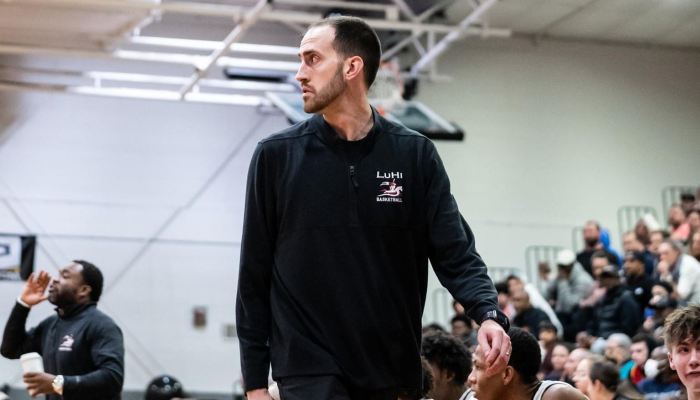A year can be short or an eternity. Much depends on what’s going on. And if you’re talking about the 365 days after graduating high school, the time can be sacred.
Some say keep the momentum going and go directly to college. Others believe living a bit before taking on advance academia is ideal. How best to decide whether you should take a gap year?
“Make a pros and cons list,” says Igor Mitic, co-founder of Fortunly.com. “Figure out things for yourself instead of following the expected path. It’s much better to lose one year when you’re young than to struggle with choices you felt forced to make.”
Know thyself.
“A gap year can be the best or worst thing for someone,” says Syed Rizvi, M.D., online medical educator and founder of Rev Med in Woodbury. “Students who plan ahead of their gap year to do courses, travel for career purposes, and research, could define their interests.
“Many times though, some students cannot bounce back from gap years,” she continues. “Those who weren’t productive or didn’t do anything that year to build will face it in the future.”
William Taylor, a career development manager at MintResume.com, says that that year can allow students to earn cash via jobs and internships that can help fund college.
But for all the positives, there are downsides.
“There could be a gap in your CV, especially if you didn’t do anything worth mentioning,” says Taylor. “Also, many students who start earning money consider it unnecessary to continue their studies. For some people time off breaks their tempo.”
Know too, that gap years will hurt a job candidate, “if they just ‘take time off to travel’ (eye roll),” says Jackie Ducci, founder of recruiting firm Ducci & Associates in Manhattan. “You must articulate your purpose in a way that logically supports your career track or growth. Anything less, and employers will assume that you are scattered, or just plain lazy.”
The best-case scenario is that you show that you achieved your goal during your gap year.
For sure there are some risks, but the truth is, the onus is on you to maximize your break. So if you decide to go for a gap year, here’s how to make the most of it.
Ben Watson is virtual CFO of DollarSprout. He took a gap year and then some.
“I got a much better idea of what I wanted my career to become by taking some time after high school,” he says. “I would have never found my career path (or my wife) if I had gone straight into college.”
He worked and taught English overseas. He says he received more scholarships and financial aid from taking time off than if he hadn’t.
He worked and also taught English overseas. He says he received more scholarships and financial aid by taking time off than if he hadn’t.
“Once I returned to the states, I received nontraditional student scholarships and awards because I was focused and knew what I wanted to do,” he says.
As for what you should take into consideration, he asks, “Do you know what college can do for you? If you’re simply following the herd without any real direction of major or career after college, take a break and learn what’s out there.”
Furthermore, if you can’t afford college without taking on heavy debt, think twice if you don’t have a clear idea of what you’ll do after college.
“It’s kind of like taking out a mortgage and hoping you’ll find a house you like in four years,” he adds.
He says that while education is a great thing, “Life skills and real-world connections are worth more than an “A” in English literature. If you decide to attend college, pick a school and major that will advance your goals, not just to earn a degree.”
But be savvy, however. He adds, “If you have scholarships that you otherwise wouldn’t get, don’t waste the opportunities in front of you.”



































